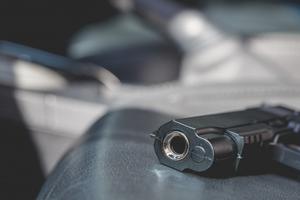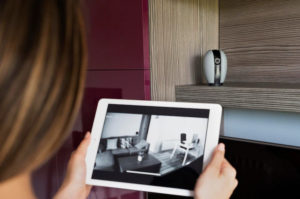The locks on your doors play an essential role in keeping you safe, but they can only do their job of protecting you, if they’re maintained and cared for appropriately. While this doesn’t mean tenderly polishing and oiling them every day, it does mean that you should be observant and check for any changes in their functioning, and when appropriate, have them professionally repaired or upgraded.
Wear and tear can quickly take their toll, so to maintain the locks on your doors and ensure that they can continue to give you the protection you need, here are some simple maintenance tips:
- Check that the door itself is hung properly
If you’re unsure as to what a properly hung door should look like, you can ask your local residential locksmith to check it for you, as a door that isn’t properly hung can begin to place additional pressure on the lock and prevent it from functioning at its optimum.
- Oil the locks frequently
This is something simple that you can do yourself, but again, if you’re unsure and want your locks to be assessed before lubricating them, you can schedule a visit from a locksmith.
Best performed bi-annually, grease your locks with a dry lubricant using the key; moving it in and out as few times.
- Clean the locks
With a mild detergent or a damp rag and a little dish soap, you can gently clean the exterior of the lock. Never use an abrasive or chemical cleaner as it can harm the look and function of the lock, as can using a petroleum based cleaner.
- Take copies from the original key
While you might not realize it, if you don’t use copies of the original key, you risk damaging your locks over time. Always make copies from the original key, just to be safe.
- Is your deadbolt working as it should?
You should be able to use a deadbolt to secure a door without the door knob or handle having to be pushed or pulled, and if you have to move the door around to get it to lock with the deadbolt, then it could mean that the lock or the frame wasn’t installed properly. The deadbolt should also extend all the way when locked.
If you don’t have a deadbolt, your local residential locksmith can set you up with one and help you to enhance your door security.
- Check the strike plate and screws
To properly secure the door to the wall frame, at least one of the screws in the top hinge should be long enough to do so, which prevents sagging and increases the security.
Additionally, check that the strike plate is held securely in place with long screws.
Well maintained door locks are your first line of defense against burglars and intruders, and having them assessed by a residential locksmith– and if necessary, repaired or upgraded – is always a smart move for your peace of mind and security.




